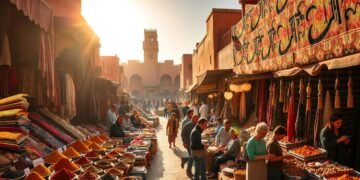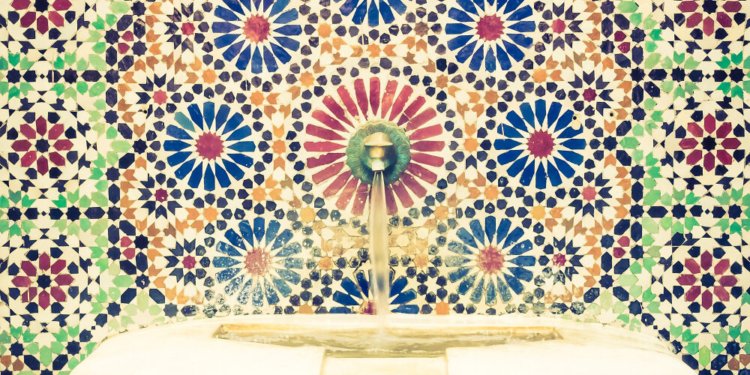Morocco, a country known for its vibrant culture and rich history, has a remarkable artisanal heritage that dates back centuries. Traditional crafts passed down through generations, play a significant role in Moroccan society. However, in a rapidly modernizing world, the preservation of these unique crafts faces challenges. Let’s explore Morocco’s artisanal heritage and the efforts made to protect and promote traditional crafts in the face of modernization.
The Rich Artisanal Tradition of Morocco
Morocco’s artisanal tradition is deeply rooted in its cultural identity. From intricate textiles and carpets to exquisite pottery and metalwork, the country boasts a diverse range of traditional crafts. Artisans in Morocco have honed their skills over generations, creating masterpieces that reflect the country’s rich history and artistic expression.
Traditional Crafts Passed Down Through Generations
The art of craftsmanship is a revered tradition in Morocco, often passed down from parents to children. Families specializing in specific crafts, such as pottery, leatherwork, or embroidery, have preserved their knowledge and techniques for centuries. This intergenerational transmission ensures the continuity of traditional crafts and maintains the authenticity of Moroccan artisanal heritage.
The Significance of Artisanal Heritage
Morocco’s artisanal heritage holds immense cultural, economic, and social significance. It serves as a tangible link to the country’s past and represents the unique identity of different regions. Traditional crafts also contribute to the livelihoods of many artisans, providing income and supporting local economies. Additionally, these crafts have become iconic symbols of Moroccan culture, attracting tourists from around the world.
Challenges Faced by Artisans in a Modern World
In the face of globalization and mass production, artisans in Morocco encounter numerous challenges. Modern technologies and cheaper alternatives have led to a decline in demand for traditional crafts. Additionally, younger generations often pursue different career paths, leading to a shortage of skilled artisans. These challenges pose a threat to the preservation of Morocco’s artisanal heritage.
Initiatives to Preserve Traditional Crafts
Recognizing the importance of preserving traditional crafts, various initiatives have emerged in Morocco. Organizations and cooperatives focus on providing training and support to artisans, helping them adapt to the changing market and promote their crafts. Government efforts include the establishment of craft schools and funding programs aimed at preserving traditional techniques. These initiatives aim to revitalize interest in traditional crafts and empower artisans to sustain their livelihoods.
The Role of Tourism in Supporting Artisanal Heritage
Tourism plays a vital role in supporting Morocco’s artisanal heritage. Travelers are drawn to the country’s authentic crafts, creating a demand for unique handmade products. Artisanal markets, such as Marrakech’s famous souks, offer visitors an opportunity to purchase traditional crafts directly from artisans. The revenue generated from tourism contributes to the sustainability of traditional crafts and encourages artisans to continue their craft practices.
Conclusion
Morocco’s artisanal heritage is a treasure worth preserving in a rapidly changing world. Traditional crafts not only showcase the country’s rich cultural heritage but also provide livelihoods for countless artisans. Through initiatives aimed at preserving traditional crafts and the support of tourism, Morocco can ensure the longevity of its artisanal heritage and continue to captivate the world with its artistic traditions.


























